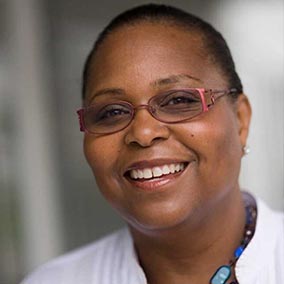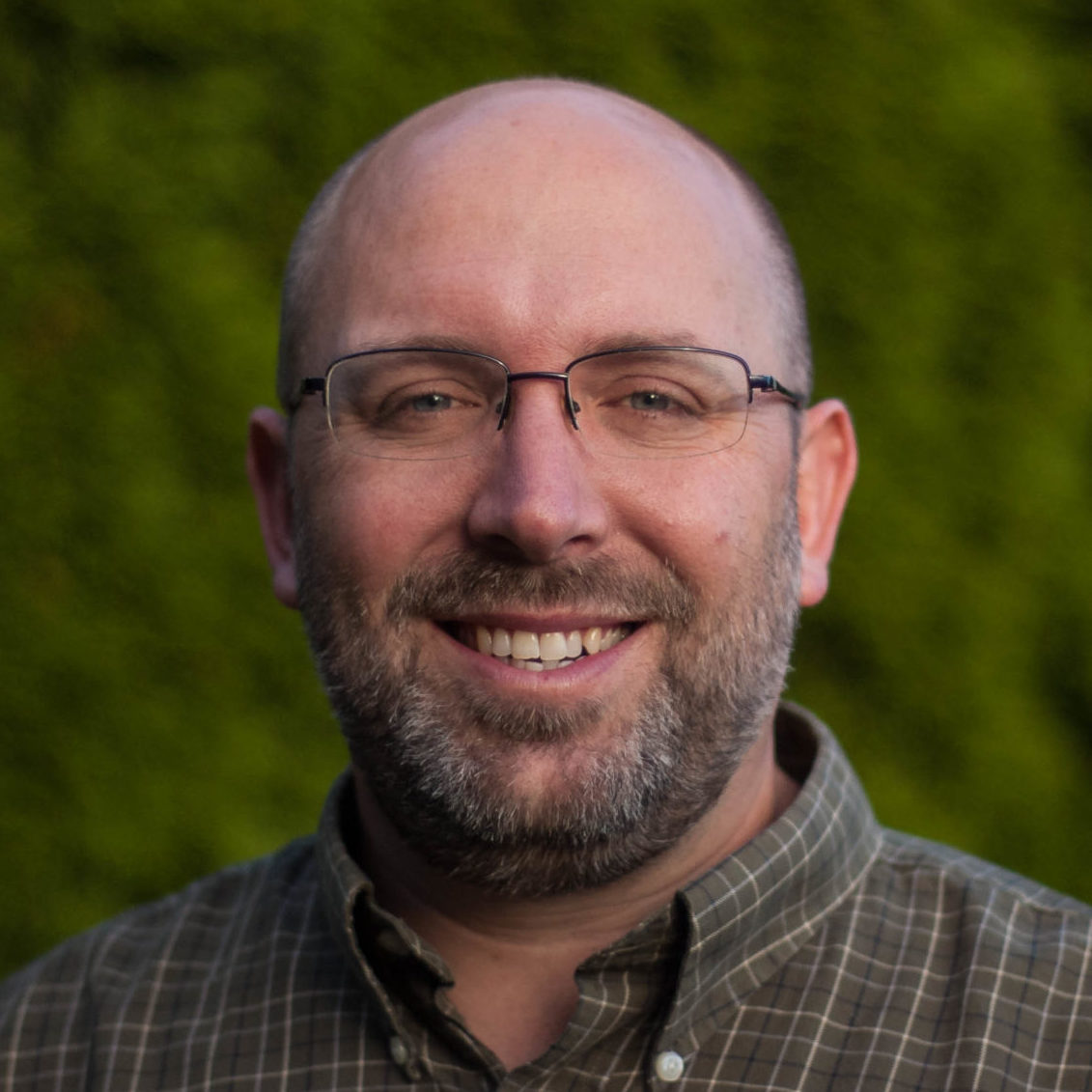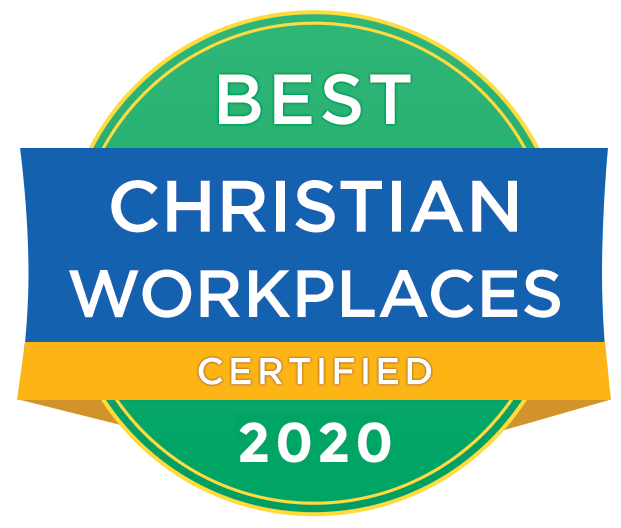Wednesday, October 02, 2024 9:00 AM – 5:00 PM (PDT) @ Oregon Convention Center
Why you should come
Whether you are at a church, organization, or in your neighborhood, we are all called to move into relationships and experience transformation through them.
You have likely experienced an increasing number of people in your community experiencing visible poverty on the streets, with that comes a desire to provide fellow neighbors with alleviation.
Community involvement can be a positive and powerful component in addressing the overall needs of our neighbors experiencing poverty, but it can be complicated to execute successfully. Poverty alleviation is a practice that has been in work and honed by people who have dedicated their lives to the service of people living on the margins of society. As such, there are best practices to replicate and known pitfalls to avoid in the practice of poverty alleviation.
By joining us you’ll hear how to experience mutual transformation in your work as Christian Community Develpoment practitioners.
- Experienced CCD practitioners will be encouraged and inspired to envision how they can contextualize what egm does, for flourishing in their own community.
- Collaborators new to CCDA will accelerate their understanding of relevant concepts, and CCDA values, and be better equipped to partner with their neighbors.
What you will learn
By engaging in this training you will:
- Increase your self-awareness and see how that impacts your understanding of poverty
- Nurture relationships that help without hurting
- Lead positive change in your organization and/or faith community
- Connect with others like you to build your resource network
- Explore socio-economic and cultural differences
- Learn about different kinds of poverty, how each impacts views of self, God, and others
- Consider how systems can create barriers to change
- Examine how you/your organization can be more effective in serving neighbors affected by poverty and homelessness
- Evaluate the difference between helpful and toxic charity
- Consider that we all share a “marred identity” and how understanding this allows us to walk humbly together, assisting one another on life’s journey and our walk with God.
- Review a biblical basis for understanding mutual brokenness
Everett Gospel Mission (egm) developed this training based on their innovative Poverty 101. An engaging, interactive, and insightful workshop equipping neighbors to practice coming alongside one another and experience mutual transformation.
What others say
“This is my 2nd time being in this training. It changed me and I wanted more. I needed God to use this opportunity to really show me His heart.”
“I am an RN and work in mental health/detox/substance abuse. Many of my patients are homeless or live in poverty. This has given me a better understanding of their circumstances.”
“Emotional but very helpful. I want to help not harm so this was great to learn.”
“Loved all the self-reflections and interaction. Sylvia and John did an amazing heartfelt job.”
“This also brought to my attention my need for healing.”
“Still useful even as I grow older. This is one of the best contributions to social change that EGM does for large groups. Provocative and meaningful. Led to soul-searching at a much deeper level.”
“Fabulous! So powerful! Thank you for providing this training. You have allowed us a new perspective and lens to view through.”
History
Since creating Poverty 101 in 2014, Everett Gospel Mission (egm) has led over 100 trainings: challenging, inspiring, and equipping over 3500 neighbors toward mutual transformation.
Partnering with local churches, government agencies, higher education and businesses to conduct this workshop, egm is refining and sharing from their vast experience in relational poverty alleviation.
Years ago, when our staff gathered to discuss ways we can help more people, our conversation led to a shocking realization. Even we – those of us who work closest with people trapped in poverty – had more to learn.
Sylvia Anderson, egm CEO emeritus
The more we talked, the more we saw that before we could do more, we needed to know more. That’s when Poverty 101 was created.
Poverty 101 has become a sought-after, engaging, interactive, and insightful workshop equipping neighbors to practice coming alongside one another and experience mutual transformation.
Poverty 101 draws upon curriculum from Portland State University, Dr. Donna Beegle’s Poverty Institute, Chalmers Center resources including: When Helping Hurts and Becoming Whole and the presenter’s 40+ years of collective experience in relational poverty alleviation at the Everett Gospel Mission.
Relational Poverty Alleviation Training Co-Creators & Facilitators:
 |  |
| Sylvia Anderson, CEO emeritus, served as CEO of egm for 24 years. | John Hull, CEO, served at egm for over 18 years. |
Poverty 101 prepares our hearts and minds for informed and effective ministry that honors the dignity of each person.
Join us in learning more about relational poverty alleviation through mutual transformation.

